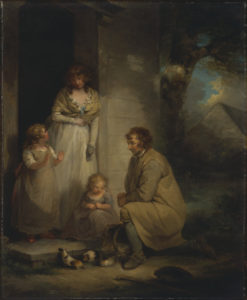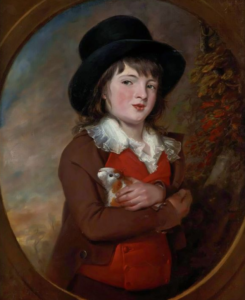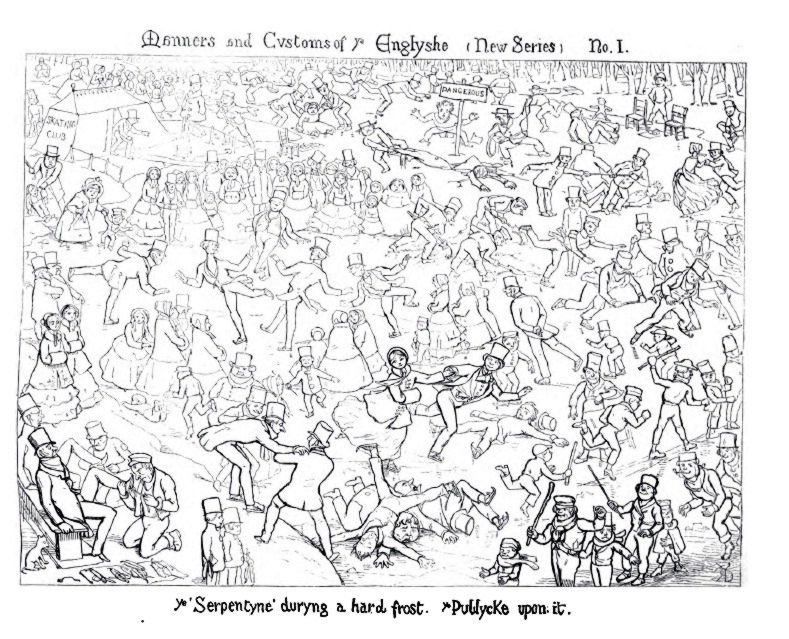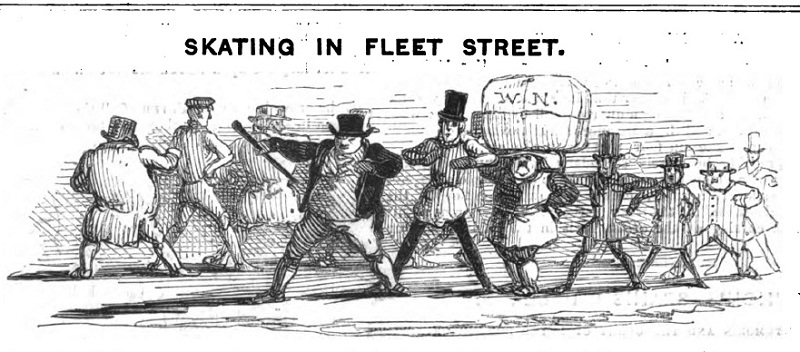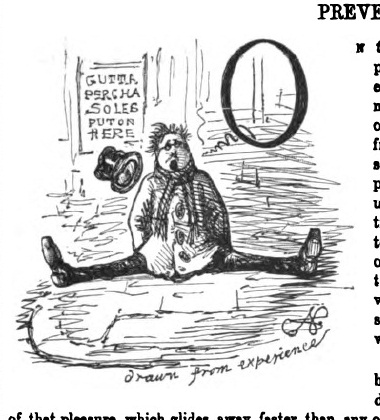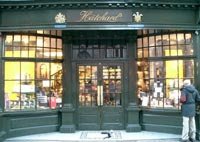I’m a day late but thought I’d celebrate the new year by sharing the origins of the song we sing at midnight on January 1. The lyrics are attributed to Robert Burns in 1788, but the Scottish poet said he merely copied down the old folk song from “an old man.” However the song originated, it is one that always stirs my emotions. It is commonly sung at the end of the year and at other times of endings, such as funerals, farewells, graduations.
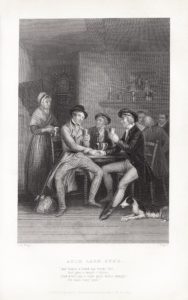 Here’s the English translation of Auld Lang Syne
Here’s the English translation of Auld Lang Syne
Should old acquaintance be forgot,
and never brought to mind?
Should old acquaintance be forgot,
and old lang syne?
CHORUS:
For auld lang syne, my dear,
for auld lang syne,
we’ll take a cup of kindness yet,
for auld lang syne.
And surely you’ll buy your pint cup!
and surely I’ll buy mine!
And we’ll take a cup o’ kindness yet,
for auld lang syne.
CHORUS
We two have run about the slopes,
and picked the daisies fine;
But we’ve wandered many a weary foot,
since auld lang syne.
CHORUS
We two have paddled in the stream,
from morning sun till dine†;
But seas between us broad have roared
since auld lang syne.
CHORUS
And there’s a hand my trusty friend!
And give me a hand o’ thine!
And we’ll take a right good-will draught,
for auld lang syne.
CHORUS
We at Risky Regencies are nostalgic for “auld lang syne” (old times). Maybe that’s why we write about it!
Happy New Year, everyone!

